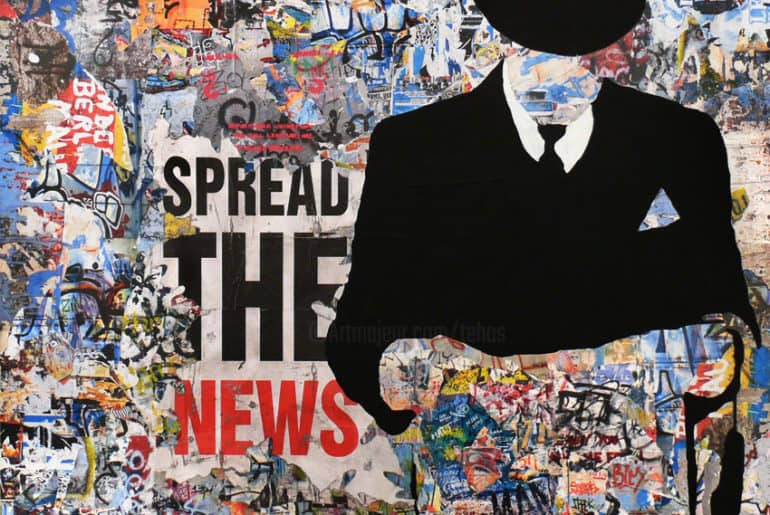Is it the purpose of art to suit certain political sides? Is it necessary that it subvert opinions? The age-old question of the politics in, and of art remains, but should its consumption be denied solely based on that?
Arundhati Roy, the Booker Prize-winning writer, said, “Ignoring of things is as political as the addressing of them.” The significance of the activist cum writer’s words becomes more evident when one takes a good look at the current
discourse surrounding art in India. With the elections about to commence amid a fervour of political blameshifting,
staining of opposing strategies, and the power play of the entire nation, ‘propaganda’ is a word found commonly
conjunct with films these days. There is certainty that this theme of thought cannot be let go off without a patient
analysis, unlike the way it has been conveniently ignored by the members of the film fraternity meeting with the Prime Minister as fansin-awe instead of citizens-in-power.
The Accidental Prime Minister, Uri: The Surgical Strike, PM Narendra Modi, a biopic on our Prime Minister, are some of the films with nationalist, or an explicit political sentiment endorsed in their content. It is foolish to deny the
agenda meant to be fulfilled by them, to target the audience that is soon going to vote. But a question that arises in the storm of posts filled with the criticism of these films is: is art essentially only political? The answer to this should not be the direct conclusion to the question: should art be dismissed solely based on its political propaganda?
At the risk of inviting backlash, the answer to these questions is a plain negative. This does not deny that ‘personal is political’, but the purpose of art was not to live up to the standards of morality, simply because morality may change according to cultures, subjectivities, and circumstances. Even if one disagrees with the politics of a certain artwork, making that the primary reason for its non-consumption or criticism is a problematic course of action. If individuals decide that the dismissal of art on the sole criterion, i.e. its impact on the mindset of society, is the road to take, then a dangerous form of censorship rises to the pedestal. It is the misguided way of justifying a curb on free speech.
One of the parameters for the consumption or criticism of any art, according to academicians James Bruce Ross and Mary Martin McLaughlin, is the context in which it is placed, and the political baggage of it cannot be left behind. To look at art as art, not a theoretical course or an argument in itself, it is important to first consume it with patient judgement. There will always be a political debate brewing in its context, and if the dismissal of art is confined to it, then there will probably be not much art left to consume without a feeling of guilt towards one’s political and ethical ideologies. It is absolutely possible to be critical of art, but it is only through its consumption that one can become informed, and misinformed choices are not the way to take in the attention-grabbing era of political marketing.
Feature Image Credits:Artmajeur
Anushree Joshi





Comments are closed.